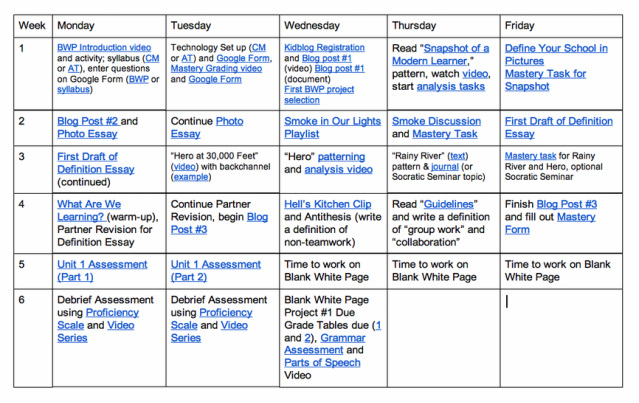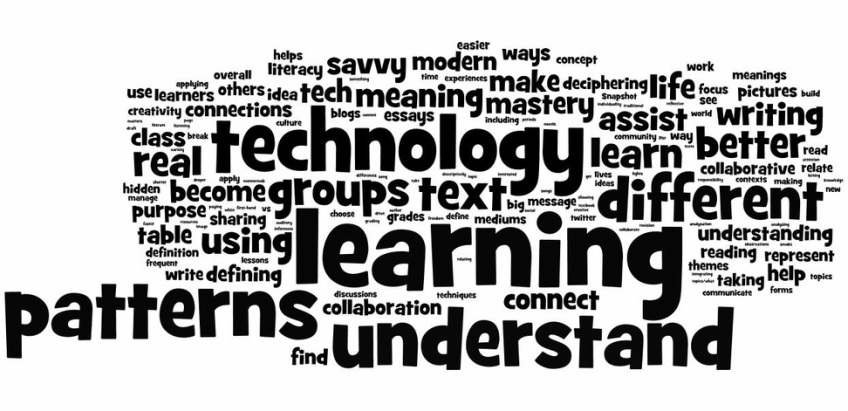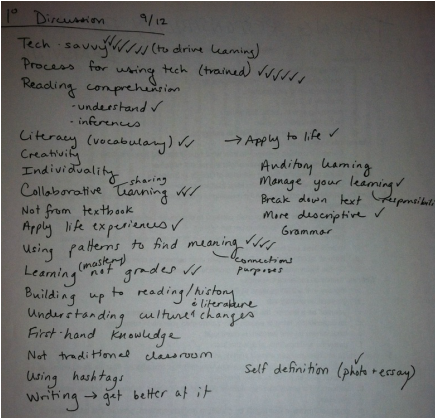Today, we had a study in contrasts.
The first group started presenting on Friday, but because of some administrative tasks, they weren't able to finish. Their presentation was about stand-up comedy. More on them in a minute.
The second presentation group covered ten types of humour, with some examples. Here is what they did (see if you recognise it):
1. Gave a handout with ten definitions of types of humour (slapstick, parody, satire, etc.).
2. Read the definitions off the PowerPoint (exact replica of the handouts). Around the third slide, they lost the audience. When the audience started to recognise that the presenters did not fully understand everything they were teaching, the audience responded by asking questions. It started with factual questions - does that include x? What does y mean? - and progressed to more chatter than actual questions. The audience actually seemed frustrated to not be learning and resentful of the waste of their class time.
3. At this point, the group rushed through the last few slides so they could get to the videos. They hadn't made them hyperlinks, so they had to manually copy/paste them into another browser window. Several members of the audience shouted at them to do control-click. They either didn't hear or chose not to listen.
4. When they finally had the video ready, they didn't give context. Just pressed play.
5. Less than half of the audience was paying attention. They continued regardless.
6. After the first clip, they asked students to write their answer to the comprehension question on the back of the handout. They had only made enough for each group to have one. So they told the students to do it as a group.
7. Then they showed a second clip and gave them a second comprehension question.
8. As class was about to end, they just went back to their seats and told students to "turn in the papers or something."
Is it their fault that their presentation wasn't effective in teaching the students, or engaging their attention? Not necessarily. They haven't been trained in how to present information, and have been less than attentive for much of the semester.
Their presentation was the first one from that class that was anything less than mind-blowing (like producing a comedy video, leading an improv workshop, analysing memes about Marin...all fantastic and very funny). For a student presentation, it certainly wasn't bad. Yes, they committed some presentation sins (technical problems, reading off the PowerPoint, not being fully prepared, not keeping the audience engaged, etc.) but they met the requirements set out in the assignment. They are decent students who are just not terribly engaged in school, and despite having the freedom to choose an elective, ended up in one they enjoyed but didn't really connect to.
**
It had been so different with the first group. When they finished, I was astonished to realise that they hadn't just learned the tools of humour analysis.
They had learned effective lesson structure.
They had unknowingly used Explore Flip Apply - the same structure I have used to teach them all semester.
I didn't tell them my structure, and so certainly never encouraged them to follow it.
But here's the lesson they presented:
Explore:
Students were directed to a bitly address that took them to a collaborative google doc. The presentation group asked them to write a joke - any joke. It didn't even have to be funny. They watched and laughed as their classmates entered jokes anonymously (since it was a public link, they didn't need to sign in....an intentional move by the group to let people have the freedom to be experimental).
Flip:
The group then presented a few techniques used by stand-up comedians, such as timing, exaggeration, and exploration of the unexpected. They solicited feedback from the audience to clarify their misconceptions, and posed a few questions to check their understanding. They showed several clips (since they ran out of time, they assigned one as homework - the "Hot Pockets" Jim Gaffigan routine - best. homework. ever.) and asked the students to identify some of the elements used, as well as analyse their effectiveness as humour tools.
Apply:
Finally, they had students go back to the google doc and look at their own joke again. They asked them to revise their joke to add some of the elements. Then they asked students to come up to the front and tell their joke as a stand-up routine, and then asked the audience to analyse the techniques used. Four students volunteered and shared, and several more would have shared had there been time.
Finally, we did our Seminar Assessment reflection questions (which they had helpfully included in their presentation, even without it being required), where the group listened to the feedback respectfully. They even offered some additional materials to let advanced learners find out more.
**
They Explore-Flip-Applied a presentation, on their own. And it was as (if not more) effective than what I've taught them.
So how is it that one group was so successful, and the other group wasn't?
Was it because of the strength of the relationship built with their classmates through discussions, seminars, and collaborative group work? Sure. The second group spent more time checking Facebook on their phone than participating in class.
Was it having clear passion for the subject and an intense desire to communicate that to their peers? Absolutely. The second group were far less attached to their topic than the first.
Was it having the necessary toolkit of skills? Yes. The second group struggles to think critically and write effectively.
Or was it because the first group took responsibility for their learning, and had ownership, and the second group didn't?
I think that's the key point. All of the other things were essential to getting them there - relationships, passion, skills - but when they took ownership and had pride in their work, they naturally gravitated to the instructional technique they had learned first-hand from me. And while the second group learned something, it was the first group that had really been transformed.
This presentation wasn't just something they did. It became who they are.
And they don't need a grade to prove they learned something.
Nor do I need a test to prove that I taught something.
And now that I have a fresh start coming in a few weeks, I'm afraid that I won't be able to repeat this kind of awesomeness. It's daunting to see the final product and think about starting over.
But maybe next semester, there won't be a second group.





 RSS Feed
RSS Feed
